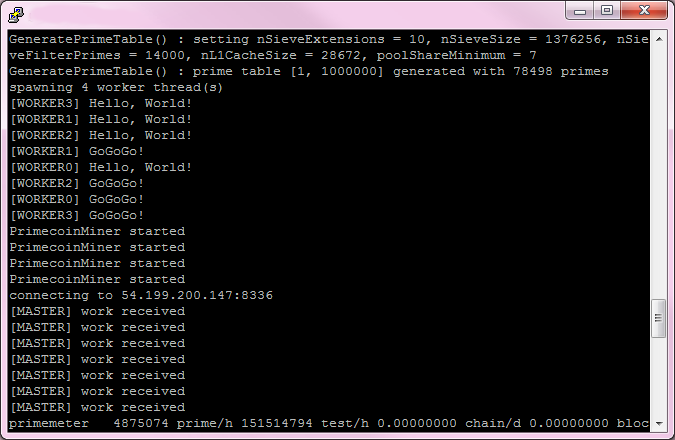Memcached is a high performance, in-memory key-value store or caching system. Its main purpose is to speed up web applications by caching database queries, contents, or other computed results.
Memcached is originally a linux application, but since it is open-source, it has been compiled for windows. There are two major sources for the pre-built windows binary: Jellycan and Northscale, and both versions can be used. The following are the download links for the memcached windows binaries:



